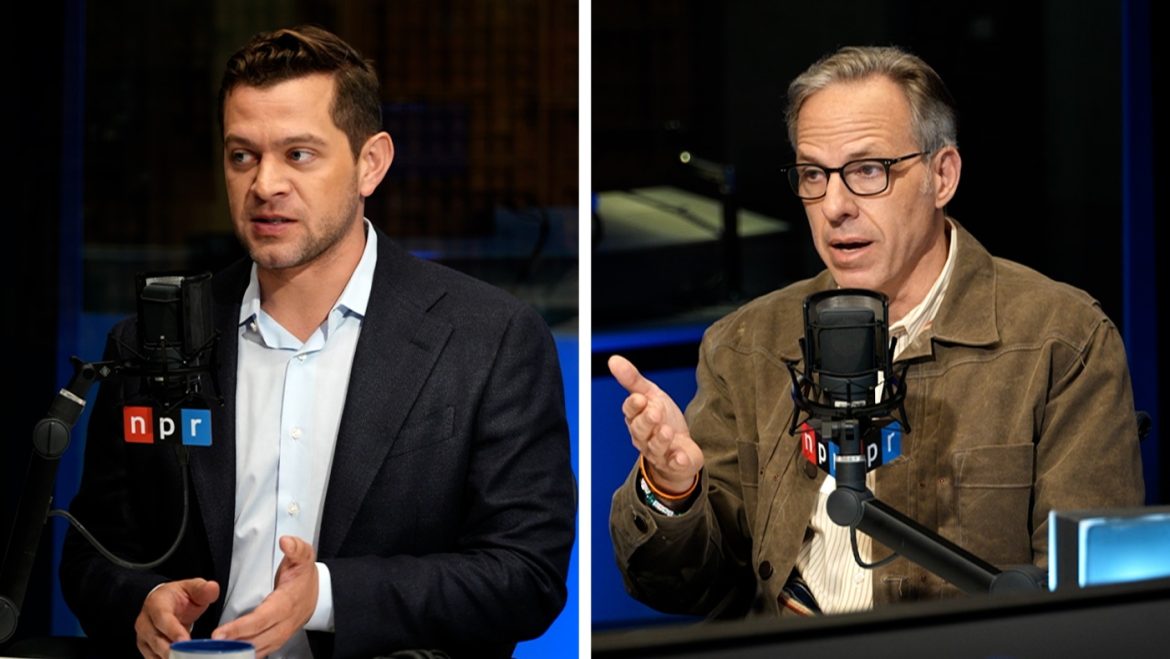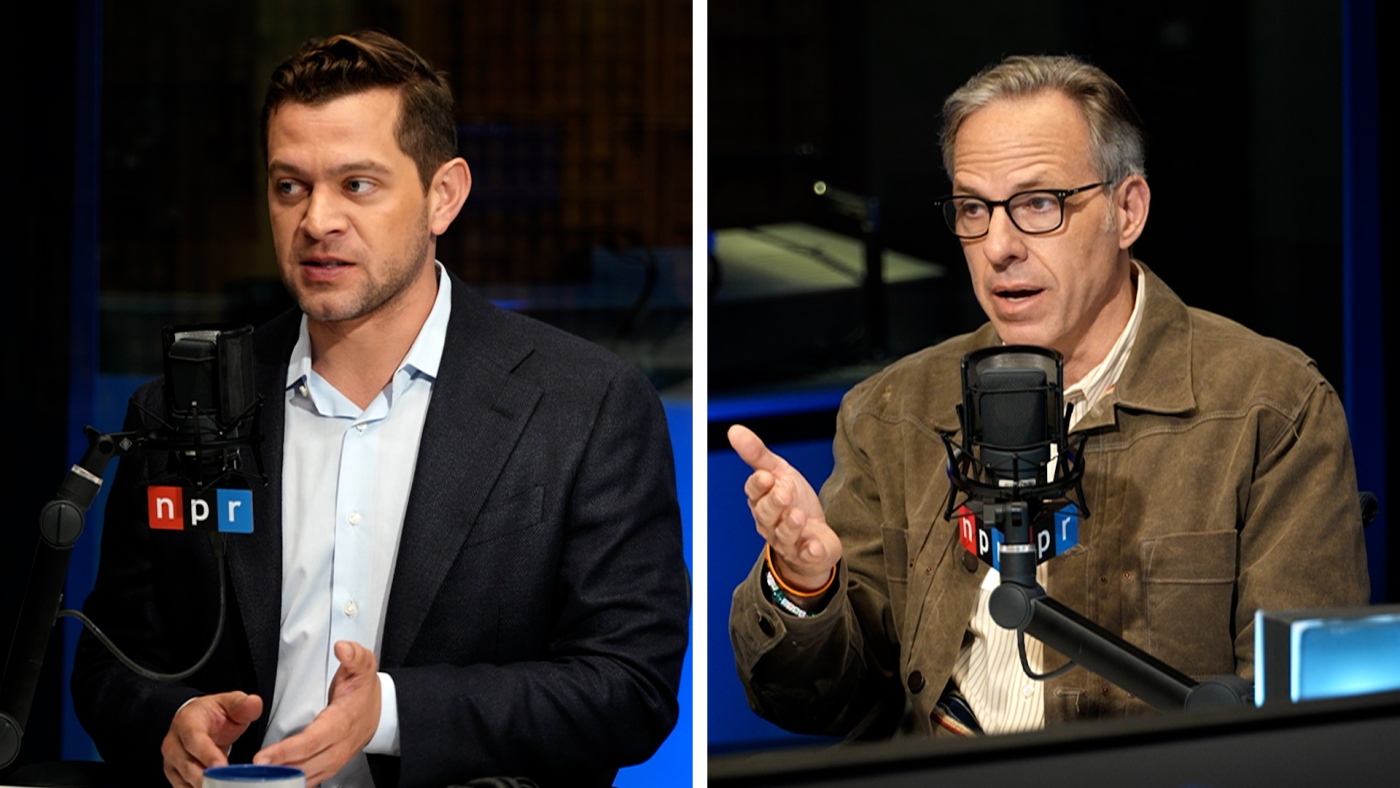The Cover-Up of President Biden’s Decline: Unpacking the New Book *Original Sin*
A recently released biography, *Original Sin: President Biden’s Decline, Its Cover-Up, and His Disastrous Choice to Run Again*, authored by CNN’s Jake Tapper and Axios’ Alex Thompson, offers a stark and unsettling portrait of President Joe Biden’s tenure, particularly focusing on his mental and physical decline while in office. Through extensive sourcing and insider testimonies, the book depicts a concerted effort by Biden’s inner circle to conceal the true extent of his deterioration from both voters and much of his own staff. This report delves into the main revelations from the book, exploring the implications for Biden’s presidency, political strategy, and democratic processes.
The Reality of Decline and Its Concealment
*Original Sin* charts a timeline of noticeable decline in Biden’s cognitive and physical abilities over the course of his presidency, highlighting moments that alarmed aides, family members, and colleagues alike. Perhaps most striking is how his closest staffers and even Cabinet members found their access to the president diminish substantially during his second term. One Cabinet secretary related that interaction with Biden “dropped off considerably in 2024,” underscoring how decisions came increasingly from a small group rather than the president himself.
The book alleges that Biden’s team engaged in tactical measures to obscure these signs, motivated by fears about the political consequences of revealing vulnerabilities. Discussions reportedly took place about potentially using a wheelchair for Biden during the 2024 campaign to manage public perception of his frailty, but advisers rejected this approach as politically untenable before the election. Similarly, concerns about his cognitive fitness were repeatedly downplayed internally, with aides providing selective narratives to the media and public.
Insights from Insiders: Five People Running the Country
An impactful quote relayed in the text states, “Five people were running the country,” casting President Biden as merely a “senior member of the board.” This metaphor vividly captures the diffusion of presidential power, portraying a scenario where a small clique effectively governs behind the scenes. It intimates that the actual decision-making apparatus shifted away from Biden, raising critical questions about presidential transparency and accountability.
This diminished role aligns with documented episodes during Biden’s public appearances, such as the poorly received debates and moments widely viewed as signaling mental exhaustion or disconnection. The book’s authors describe a “cover-up” not only from the public but also within the administration, where aides suppressed concerns to maintain a facade of competence and vigor.
The Political Dilemma: Running Again Amid Decline
Perhaps one of the most contentious aspects detailed in *Original Sin* is Biden’s choice to pursue a second term despite mounting evidence of his decline. Interviews with political insiders reveal a combination of Biden’s personal conviction that he remained fit to serve and pressures from family and close advisers who sought to maintain power structures.
Critics, including former White House strategist David Axelrod, found these revelations “troubling,” underscoring the risks inherent in obscuring such fundamental information from voters. The book suggests that this decision was not just a personal gamble but a calculated political move, with aides attempting to control narratives to mitigate damage.
Democratic Party’s Response: Fear and Silence
The candid accounts in *Original Sin* also illuminate the internal dynamics within the Democratic Party. Many Democrats, according to anonymous sources cited in the book, harbored fears about openly discussing Biden’s age and fitness, concerned about fracturing party unity or handing ammunition to Republicans.
This reluctance fosters a climate of political cowardice, where urgent conversations about leadership capacity are stifled, and the electorate is deprived of full transparency. The book posits that this avoidance magnified the risks of Biden’s faltering presidency, leaving the public poorly informed about his true capabilities.
Broader Implications for Governance and Democracy
The portrayal of Biden’s presidency in *Original Sin* raises vital questions about how aging leaders are evaluated and supported in contemporary politics. The veil drawn over Biden’s decline exposes weaknesses in institutional checks and balances, media scrutiny, and party accountability.
It also sparks debate about the ethical dimensions of running for office when physical or mental impairments may compromise performance. The book’s narrative underscores a troubling clash: between political ambitions and public interest, and between loyalty to a leader and transparent governance.
Conclusion: Lessons from *Original Sin* on Leadership and Truth
*Original Sin* offers a sobering exploration of the complexities surrounding presidential capacity, loyalty, and political survival. The detailed accounts of Biden’s cognitive and physical decline, coupled with the determined concealment by his inner circle, reveal a presidency marked by internal contradictions and democratic shortcomings.
This exposé challenges voters, politicians, and institutions alike to grapple frankly with the realities of leadership in the modern era—illuminating the risks posed when truth is sacrificed to political expediency. The Biden presidency, as depicted in this book, becomes a case study in the consequences of secrecy and the urgent need for transparency to safeguard democratic integrity.


